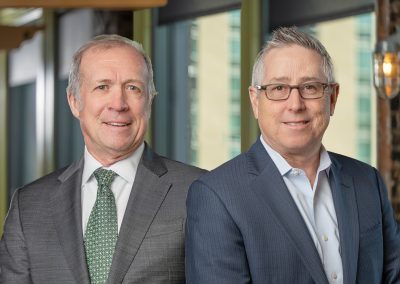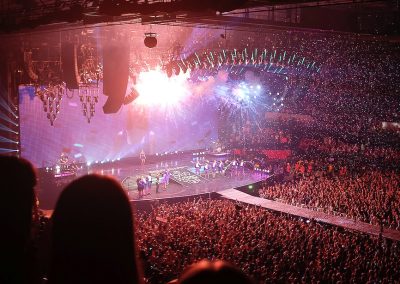The public tends to love the idea of developing clean, green energy and reducing our carbon footprint on the Earth. Even a Pew research poll shows nearly 70% of respondents prioritize the development of renewable energy sources and the movement to become carbon neutral by the year 2050.
Until it comes time to build the necessary infrastructure to make it happen.
In an era of polarization at the drop of a hat, companies in the energy, manufacturing and infrastructure fields need to practice smart and hard leg work long before they plan to be shovel ready. We already see the wrecks on the sides of the alternative energy highway of projects derailed by hubris and poor communication, organization and transparency.
That recipe for failure doesn’t just upend years of work and investment by companies. It puts the country that much further away from meeting sustainability goals and leaves local communities that need the economic investment and jobs from these projects being left out in the cold.
It recently happened in Renovo, Pennsylvania, where opponents blocked construction of a $1 billion natural-gas-fired electric generating plant and vowed to keep appealing permit approvals, despite the fact the project had support from the local officials and surrounding community. After eight years of such delays, owner Bechtel Corp. was forced to throw in the towel, leaving the town of 1,000 wondering how to plug the anticipated revenue gaps. It’s not just fossil fuel-based projects that are being derailed, it’s also happening to renewable energy projects. In Gettysburg, Pennsylvania, officials denied NextEra Energy’s permit for what would have been the state’s largest solar energy project in the face of landowner opposition.
It doesn’t have to be this way. But, as we like to say, when you need a friend it’s too late to make one.
It doesn’t matter what sector of the industry a company is in or what it wants to build in its quest to help create a more sustainable future. It’s imperative that any company looking to play a part in a clean energy economy construct a comprehensive engagement strategy that builds a lasting foundation with both grassroots and grasstops groups in a community that will support the project as it grows.
Any successful project requires a company to be transparent with the public about its plans, processes and outcomes and to explain to them the benefits in a way that resonates with all of your target audiences. Build relationships through meaningful collaboration with the actual landowners, nearby businesses, schools, churches. If you want the community to understand your project, you’ve got to invest the time to understand the community and involve them in the process.
Success hinges upon this approach of engaging with key stakeholder groups to build a network of educated and informed allies that will engage with and educate broader audiences and take supportive action when needed. A true influence network must expand beyond the typical milieu of elected officials and currently engaged stakeholders. They can help, but it requires constant pulse-taking and relationship building to evaluate their influence and identify other potential partners to amplify the message.
This all points against entering a community, talking with like-minded officials and industry leaders and assuming this particular vision of advanced technology and environmentally sustainable plans will fly. It feels good to feel like you’ve got momentum, but you don’t know how your message is being received by the public in an echo chamber.
Building a clean energy future requires a diversity of energy and resources as well as supportive local and regional coalitions to convey both the overarching vision of how a project moves a clean energy economy forward and the importance of a unified effort to achieve it.
That movement won’t happen with a parochial perspective or failing to fully understand the thoughts and concerns of the local community. Companies that want to make Pennsylvania a leader in creating a more sustainable future need to be prepared and exercise a blend of due diligence and strategies grounded in providing facts, building understanding and partnering with communities to develop sincere relationships.




